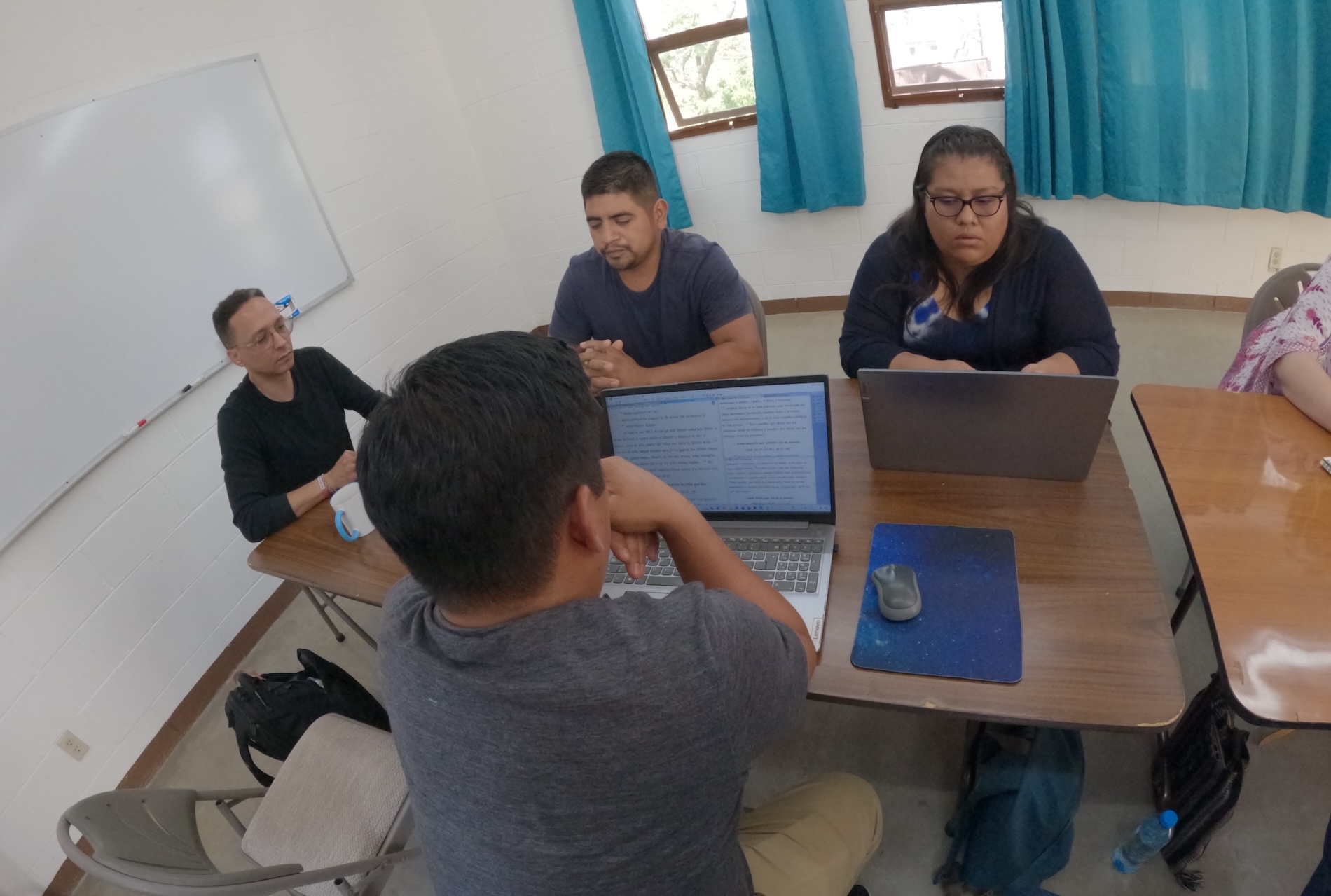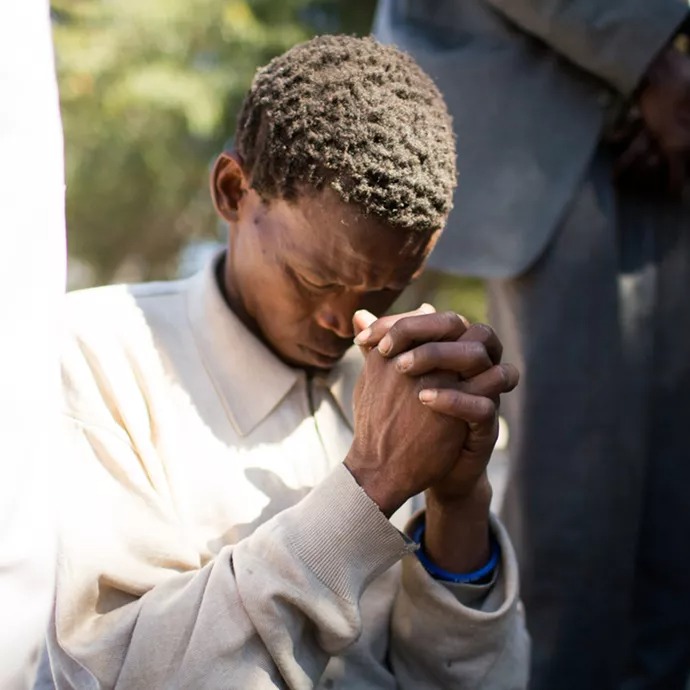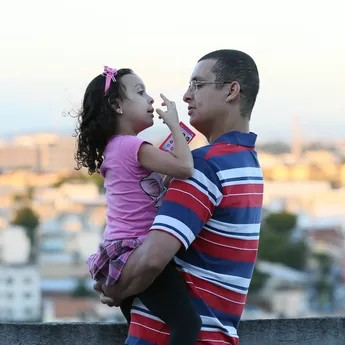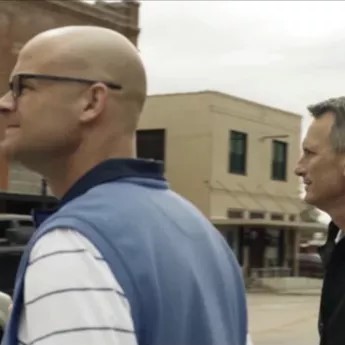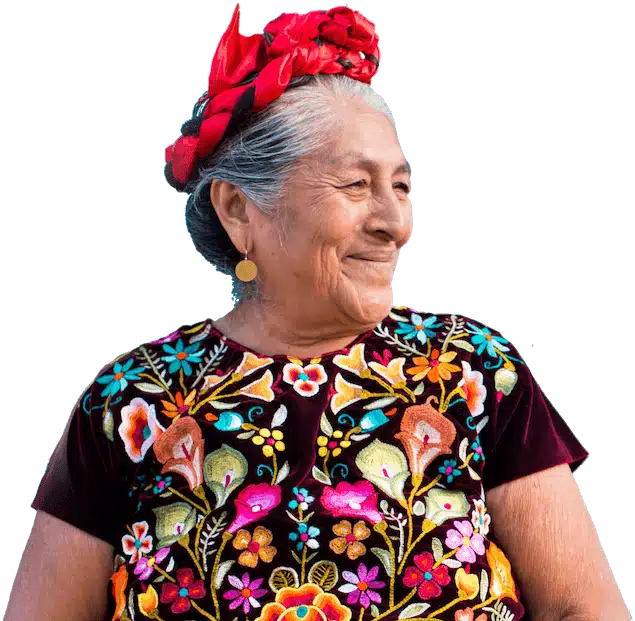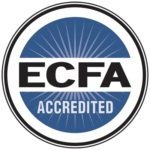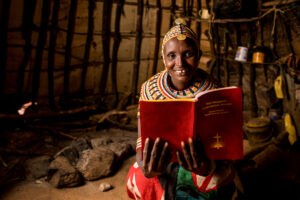Following the translation work of an orality project in Mexico.
Have you ever wondered what it’s like to be a Bible translator? Imagine you are a Bible translator for a day. What would your typical schedule look like? Read on for a taste of the experience of being a Bible translator in Mexico.
Disclaimer
This story is based on actual events and translators who attended a Bible translation workshop held in Mitla. Timelines have been adjusted for narrative purposes.
Participate in a Translation Workshop
Today, you’re getting ready for the last day of a Bible translation workshop. You and several other translators have come from all around the state of Oaxaca, a 5-hour drive for some, to participate in a biannual workshop. The SIL center in the small town of Mitla has hosted you for two weeks. You’ve studied, shared meals, prayed, and worshiped together. Now, the workshop is nearing its end.
Your team has labored to bring Scripture into the Zapotec language. This project is primarily an oral one—common in cultures where not everyone has learned to read. Four separate teams of four translators each have spent months on their own, crafting and memorizing Bible stories in their separate but related dialects. During the workshop, you’ve come together to collaborate, compare notes, and critique each other’s work.
Early in the morning, you and your team of four meet in a small classroom at the SIL center. A consultant sits in to watch as you and your teammates take turns reciting a memorized story.
Each translator has spent months memorizing all 16 Bible stories in Zapotec. Now, when your turn comes, you stand alone to address the room. For about 10 minutes, you recite from memory nearly a full chapter of Moses’ story from Exodus. When you finish, the audience claps, then politely shares feedback on your performance.
Visit the Recording Studio
Later in the morning, after resting your voice for a while, you take a short drive up the road to the nearby recording studio. In an oral culture, people simply telling stories face-to-face is not unheard of. But many also enjoy listening to audio Scripture—and as a translator of oral Bible stories, you’re involved in that process too.
The studio isn’t a large building, but the technicians utilize their space well. Near the entrance, you’ll find a small lobby with seating, a kitchen for snack breaks, and even a few tiny bedrooms for those who must travel long distances and stay overnight. A narrow hallway leads to three main workrooms filled with audio recording equipment. One room holds backup copies of all the recordings this studio has completed so far—Scripture for nearly 100 different dialects throughout Oaxaca!
You take your place at the computer station with two technicians. One operates the recording equipment while the other follows along in written Scripture to make sure you read it correctly. You put on your clearest voice and read aloud several chapters of the previously translated book of Acts, now being recorded for future publication.
You stay for a few hours to work on this section of Acts. It makes for a long workday, but thinking of how your work will make God’s Word more accessible to your community gives you the strength to carry on.
One room holds copies of all the recordings they’ve completed so far—Scripture for nearly 100 different dialects throughout Oaxaca!
Participate in a Consultant Checking Session
After a late lunch, you return to a classroom in the SIL center for a consultant checking session. You and your teammates meet the consultant to work through the passages from Exodus you’ve crafted. Because the consultant is familiar with both Spanish and biblical Hebrew, he can offer insights into difficult passages based on the original text. He asks you and your teammates about challenging passages you’ve encountered—words or phrases that you weren’t sure how to translate into your dialect. You bring up one such passage, and everyone gives their input. After much deliberation with the consultant, the team agrees on the best way to render the passage—and then moves on to the next one! You work straight until dinnertime to cover as much of Exodus as you can.
Attend the Closing Ceremony
After eating dinner together, all the workshop participants gather in the campus’ main meeting room. There are about 30 people total—16 translators, other project workers, representatives from partner organizations, and even the field project manager and other visitors from Seed Company. Everyone claps along as they sing a lively worship song in Spanish—the common language for speakers of all four dialects.
Then, two translators from each team share their stories aloud for the whole group. It’s your turn to perform one last time! You remember the feedback you’d gotten earlier and deliver your story excellently, and to more applause from the listeners. After the presentations, other attendees give speeches and recognize the many people who’ve worked to bring God’s Word to the Zapotec and other people groups.
Everyone claps along as they sing a lively worship song in Spanish—the common language for speakers of all four dialects.
Return Home
The next morning’s drive back home is a long one—about 5 hours through winding mountain roads with very few places to stop along the way. But when you arrive back to your village, deep in the heart of the scenic mountains, you and your teammates are warmly welcomed by many church and community members. Everyone is eager to learn about the progress you’ve made and to hear the Scripture portions you’ve worked on. And you have much to share!
As you go to bed that night, you feel tired but very blessed. The travel and labor of a translator are often hard and intense—but you know your work is making a difference: God is using it for His glory.
